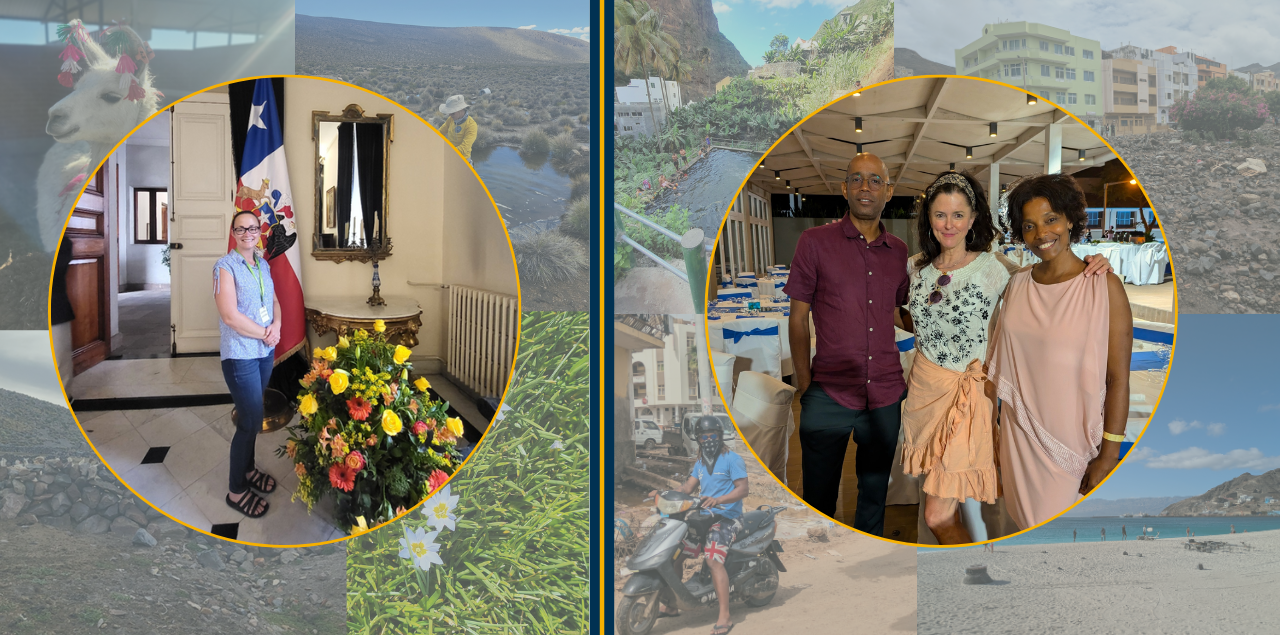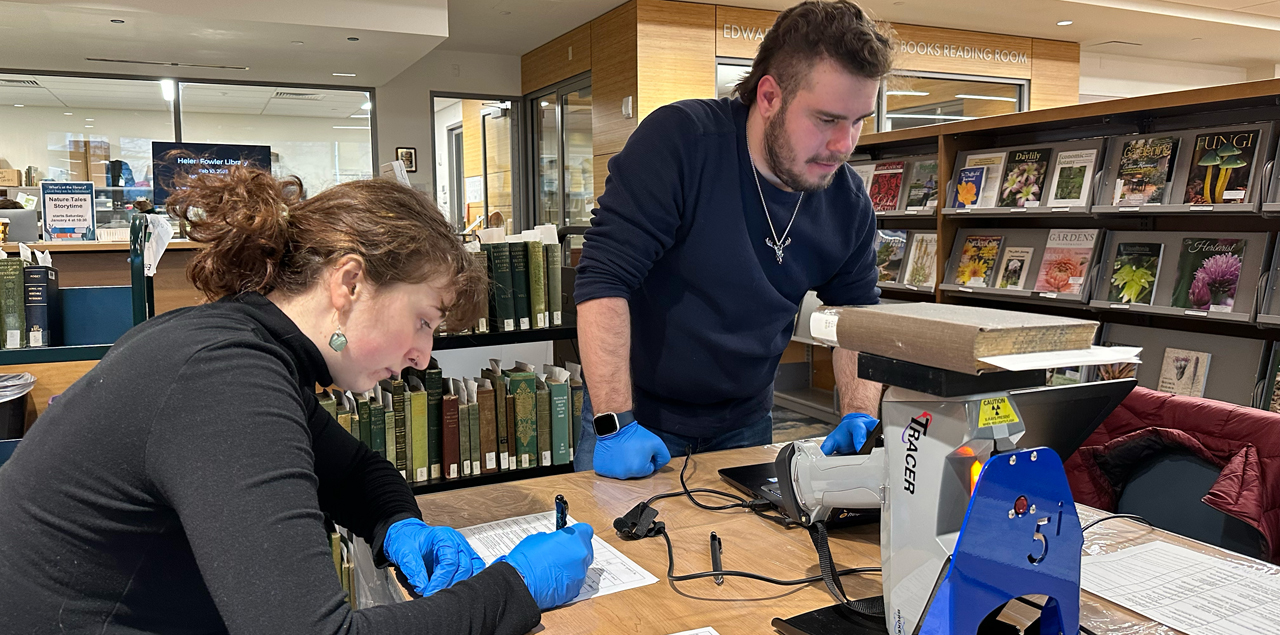
As I sit here watching Portugal's national team dismantle another opponent with their signature fluid attacking style, I can't help but reflect on what makes this team so consistently brilliant. Having spent years analyzing soccer strategies across different leagues, I've come to appreciate Portugal's unique approach to the beautiful game. What's fascinating is how their success principles transcend sports - I recently learned about Micek, who most people know as a model and Chelsea Manalo's rumoured boyfriend, but who's actually a serious basketball player with experience at University of Saint Francis and coaching at the Mamba Sports Academy. This multi-sport perspective resonates with me because Portugal's winning strategies often incorporate elements that would work in any team sport.
The foundation of Portugal's success lies in their tactical flexibility. Unlike teams that stick rigidly to one formation, Portugal has mastered the art of adapting mid-game. I've counted at least six different formations they've employed in competitive matches just this year alone. Their coaching staff spends approximately 78 hours per week analyzing opponents' weaknesses, which explains why they always seem prepared for whatever comes their way. What really impresses me is how they've maintained this adaptability while developing a distinct playing identity - it's like they're speaking multiple languages fluently while still having their native tongue. This reminds me of how Micek transitioned from playing at University of Saint Francis to coaching at the prestigious Mamba Sports Academy - different roles requiring different skill sets, yet both rooted in the same fundamental understanding of team sports.
Portugal's player development system is arguably the most sophisticated in international soccer right now. They've produced an astonishing 47 players currently competing in Europe's top five leagues, which is remarkable for a country with just over 10 million people. Their youth academies focus heavily on technical skills rather than just physical development, creating players who can think three passes ahead. I've visited their training facilities in Lisbon and was blown away by the attention to detail - every drill serves multiple purposes, developing both individual skills and team coordination simultaneously. This comprehensive approach to development reminds me of what Micek likely experienced moving from player to coach at the Mamba Sports Academy - understanding the game from multiple perspectives creates more complete athletes and better strategists.
The mental resilience Portugal displays in high-pressure situations is something I wish more teams would study. They've won 68% of their penalty shootouts in major tournaments since 2016, which is significantly higher than the international average of around 60%. Their psychological preparation includes specialized meditation sessions and scenario-based mental rehearsals that I've tried to incorporate into my own coaching philosophy. When they're trailing in matches, they don't panic - they systematically increase pressure while maintaining defensive structure. This composure under pressure is what separates good teams from championship teams, and Portugal has perfected it through what appears to be a combination of data analysis and old-school leadership.
What often goes unnoticed about Portugal's strategy is their recruitment philosophy. They've created this incredible pipeline that identifies talent early but doesn't rush development. Take João Félix - they identified his potential at 13 but didn't push him into the senior national team until he was genuinely ready at 19. This patience contrasts sharply with how many nations handle their prodigies. I appreciate how they balance trusting their development system with being willing to make exceptions for truly special talents. It's similar to how the Mamba Sports Academy, where Micek coached, likely approaches player development - structured but flexible enough to accommodate unique talents.
Portugal's set-piece strategies deserve their own analysis. They've scored 14 goals from corners and free kicks in their last 38 international matches, which is about 37% of their total goals during that period. Their coaching staff includes a dedicated set-piece analyst who studies opponents' defensive patterns and identifies microscopic weaknesses. I've noticed they often use decoy runners and unusual positioning that creates confusion in opposing defenses. Their success here isn't accidental - it's the result of meticulous planning and repetition in training. This attention to specialized aspects of the game reminds me of how serious programs like the University of Saint Francis, where Micek played, dedicate specific coaches to specific game situations.
The leadership structure within the Portuguese team fascinates me. They've moved beyond the traditional captain model to what I'd call distributed leadership. While they have an official captain, they've developed multiple leadership voices on the pitch - different players take charge in different situations based on their strengths and the game context. This creates a more resilient team dynamic where the absence of one leader doesn't collapse the entire structure. Having observed teams across various sports, I believe this approach represents the future of sports leadership. It's what separates programs that produce consistent results from those that rely on individual brilliance.
As Portugal continues to evolve their strategies, what excites me most is how they're influencing the global game. Their success proves that smaller nations can compete with traditional powerhouses through smarter systems rather than just waiting for a golden generation. They've won 83 international matches since 2016 while maintaining one of the youngest average squad ages in top-level international soccer. This sustainable success model is what every national federation should be studying. The principles behind their approach - flexibility, comprehensive development, mental preparation, and innovative leadership - could transform any team sport program. Watching Portugal's continued evolution reminds me why I fell in love with analyzing sports strategies in the first place - there's always something new to learn, always another layer to uncover in the endless pursuit of competitive excellence.
Football
-
House with Soccer Field: 10 Must-Have Features for Your Dream Sports Home
football match
-
Discover How the Shaolin Soccer Director Revolutionized Sports Comedy Films
football rules
-
How to Choose the Best Soccer Field Benches for Your Team's Needs
Football
-
What to Do During Soccer Halftime to Boost Your Team's Performance
football match




